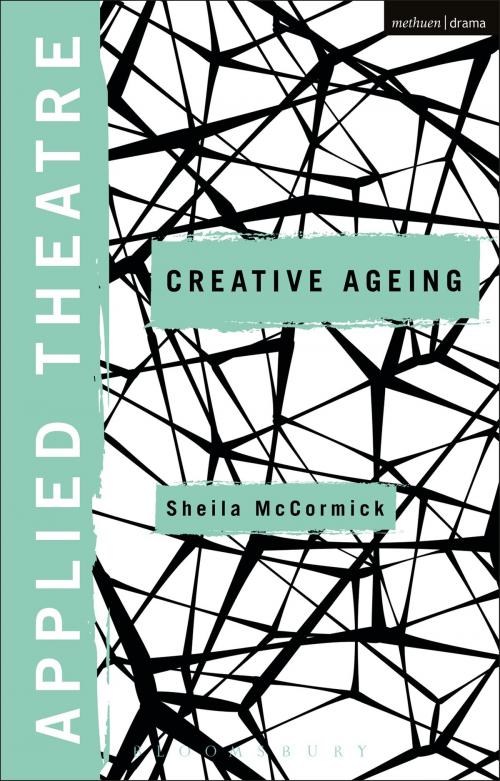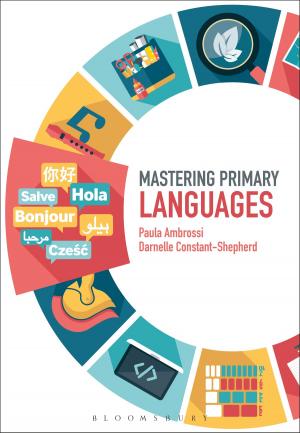Applied Theatre: Creative Ageing
Nonfiction, Entertainment, Performing Arts, Theatre, History & Criticism, Reference & Language, Reference, Health & Well Being, Health| Author: | Sheila McCormick, Dr Sheila Preston, Prof Michael Balfour | ISBN: | 9781474233842 |
| Publisher: | Bloomsbury Publishing | Publication: | August 10, 2017 |
| Imprint: | Methuen Drama | Language: | English |
| Author: | Sheila McCormick, Dr Sheila Preston, Prof Michael Balfour |
| ISBN: | 9781474233842 |
| Publisher: | Bloomsbury Publishing |
| Publication: | August 10, 2017 |
| Imprint: | Methuen Drama |
| Language: | English |
Applied Theatre: Creative Ageing examines the complex social, political and cultural needs of a diverse group in our society and asks how contemporary applied theatre responds to those needs. It allows an examination of innovative national and international practice in applied theatre that responds to the needs of older adults to encourage outcomes such as wellbeing and social inclusion. The book does this while also questioning how we, as a society, wish to respond to the complex needs of older adults and the process of ageing and how applied theatre practices can help us do so in a way that is both positive and inclusive.
In Part One Sheila McCormick reviews and historicises the practice of applied theatre with, for and by the elderly. It argues that pioneering applied theatre strategies are vital if the creative practice is to respond to the growing needs of older members of society, and reflects on particular cultural responses to ageing and the elderly.
The second part of the book is made up of essays and case studies from leading experts and practitioners from Britain, America and Australia, including consideration of applied theatre approaches to dementia, health, wellbeing, social inclusion and Alzheimer's disease.
Applied Theatre: Creative Ageing examines the complex social, political and cultural needs of a diverse group in our society and asks how contemporary applied theatre responds to those needs. It allows an examination of innovative national and international practice in applied theatre that responds to the needs of older adults to encourage outcomes such as wellbeing and social inclusion. The book does this while also questioning how we, as a society, wish to respond to the complex needs of older adults and the process of ageing and how applied theatre practices can help us do so in a way that is both positive and inclusive.
In Part One Sheila McCormick reviews and historicises the practice of applied theatre with, for and by the elderly. It argues that pioneering applied theatre strategies are vital if the creative practice is to respond to the growing needs of older members of society, and reflects on particular cultural responses to ageing and the elderly.
The second part of the book is made up of essays and case studies from leading experts and practitioners from Britain, America and Australia, including consideration of applied theatre approaches to dementia, health, wellbeing, social inclusion and Alzheimer's disease.















